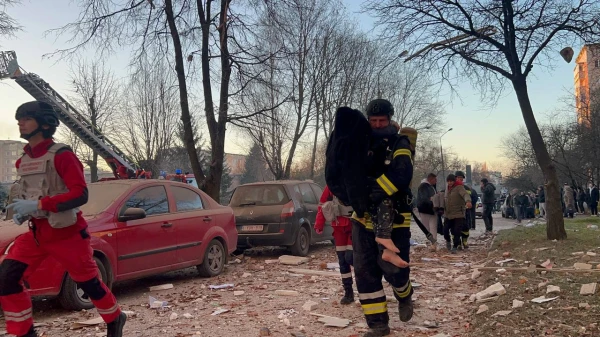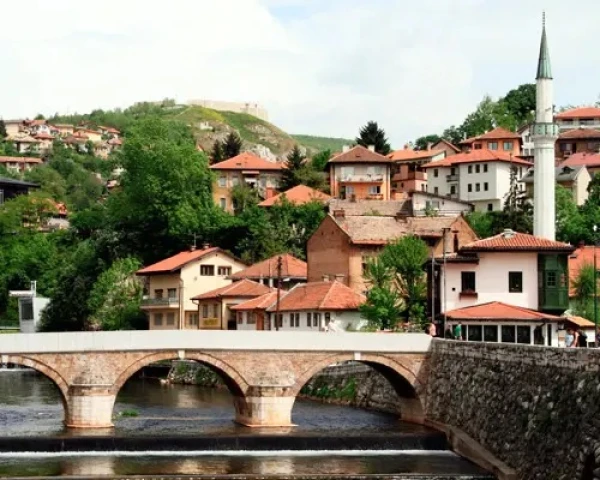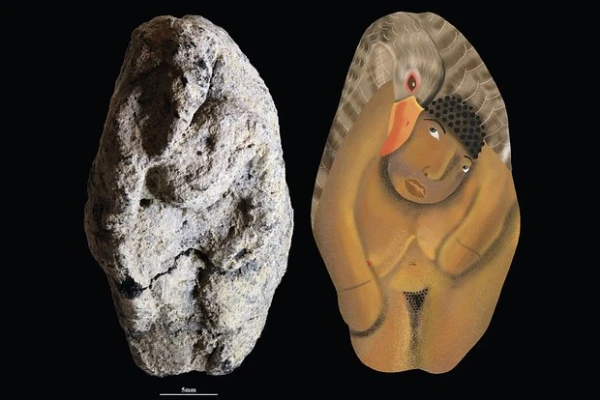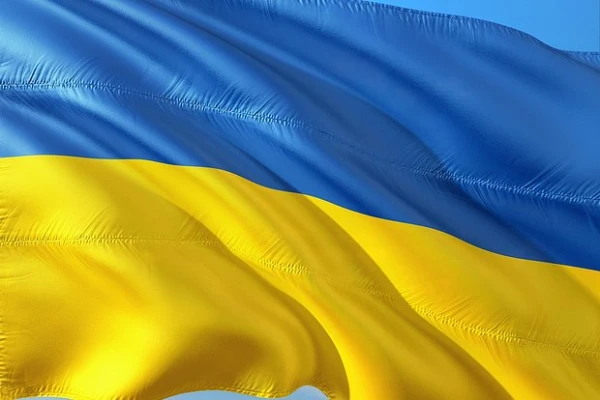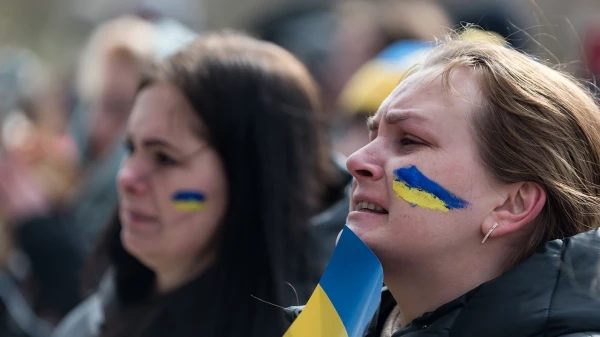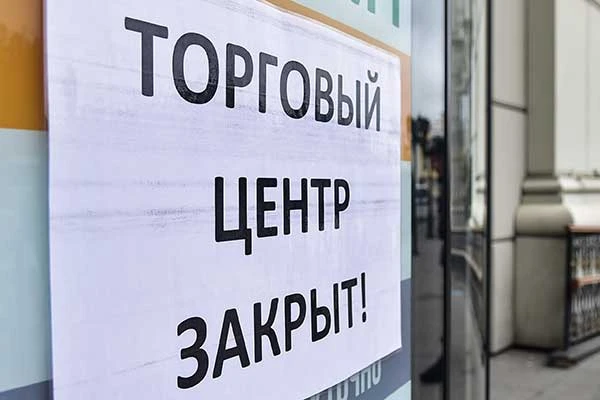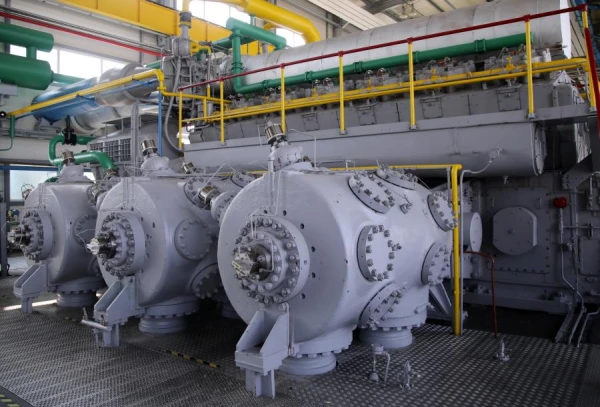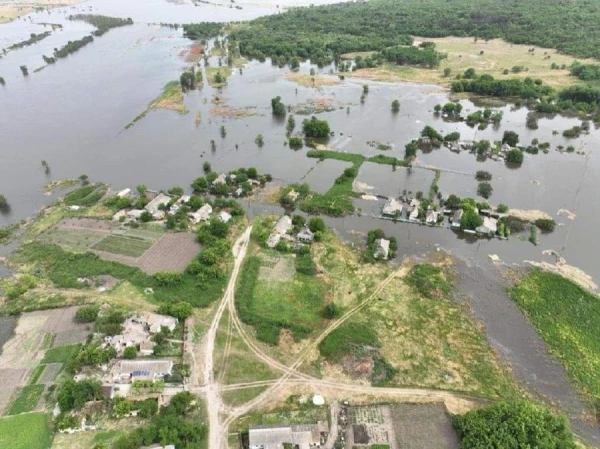
The Ukrainian delegation at COP30 announced a demand for "climate reparations" from Russia amounting to $43 billion. According to estimates from the IGGAW initiative, military actions have led to emissions of about 237 million tons in CO₂ equivalent, writes DW.
Ukrainian authorities intend to demand $43 billion (37 billion euros) from Russia as compensation for the damage caused to the environment as a result of the war. This is stated in a press release from the Ukrainian delegation at the UN Climate Change Conference (COP30), distributed on Tuesday, November 18.
The document states that this is "the first case of climate reparations as a result of war." They are to be used for the "ecological restoration" of Ukraine after the conflict. "Russia is waging a dirty war in many respects, and our climate is suffering too," said Pavel Kartashov, Deputy Minister of Economy, Environment, and Agriculture of Ukraine.
"The enormous amount of fuel being burned, the scorched forests, the destroyed buildings, the concrete and steel used - all of this essentially constitutes the 'carbon footprint of the conflict' and has significant climate costs," he added. "The climate consequences of this aggression will be felt far beyond our borders and in the future."
How was the amount of "climate reparations" calculated?
The press release states that Ukraine's demands are based on estimates from the Initiative for the Accounting of Greenhouse Gas Emissions from War (IGGAW). According to this data, the military actions initiated by Russia have led to emissions of nearly 237 million tons in CO₂ equivalent. This is almost as much as Ireland, Belgium, and Austria produce together in a year, said Lennard de Klerk from IGGAW to Reuters.
IGGAW experts arrived at the specified amount of reparations using the so-called social cost of carbon emissions. That is, how much damage they inflict on society. Scientists estimate this figure at $185 per ton.
De Klerk noted that the demand for "climate reparations" from Russia will be submitted through a mechanism currently being established by the Council of Europe. As part of this process, around 70,000 claims from Ukrainians for compensation for war damages have already been received.
Gathering evidence of ecocide in Ukraine
Earlier, Susann Worschech from the European University Viadrina in Frankfurt (Oder) described the scale of the ecological disaster caused by the war in Ukraine as gigantic. The expert reminded of 25,000 hectares of burned forest, 220 threatened or destroyed nature reserves, and almost 1 million hectares of mined forests and lands.
Scientists from Viadrina, together with representatives of Ukrainian authorities and NGOs, are gathering evidence of ecocide - the mass destruction of the environment - to hold those responsible accountable and to make claims for damages. The International Criminal Court in The Hague does not consider ecocide as a crime, but the EU and the UN are campaigning for the inclusion of environmental crimes in the list of crimes considered by the ICC.
